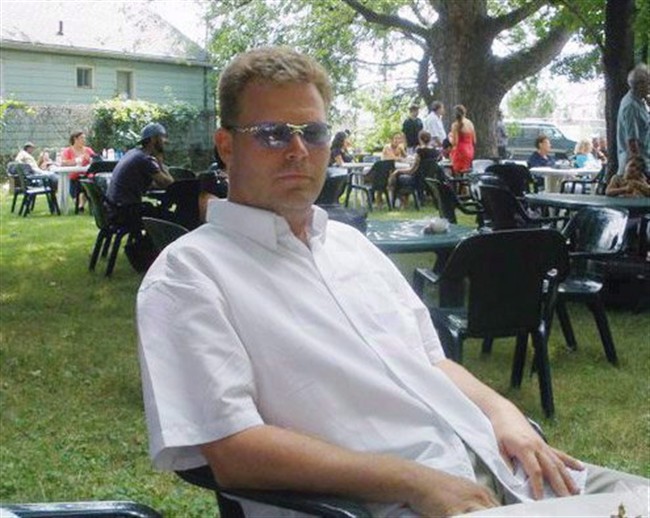TORONTO – The man found not criminally responsible for killing a Toronto police officer while driving a snowplow has been granted permission to travel up to 150 kilometres from his home in Ontario.

The Ontario Review Board, which decides if and how not criminally responsible patients should be detained, granted the leave for Richard Kachkar at an annual hearing earlier this month.
Kachkar was deemed not criminally responsible for killing Sgt. Ryan Russell with a stolen snow plow on Jan. 11, 2011.
He had been living at the Ontario Shores Centre for Mental Health Sciences since March 27, 2013.

Get daily National news
Russell’s wife has said that since April, Kachkar has been living in an apartment in the Region of Durham, in accommodation approved by the person in charge of his file, and is subject to daily visits from staff from the Canadian Mental Health Association.
WATCH: What does a not criminally responsible verdict mean for Richard Kachkar? Marianne Dimain reports (March 2013)
Christine Russell said Kachkar asked for the newly granted travel permission to visit his daughter.
People found not criminally responsible are subject to annual reviews where board members decide on privileges.
The review board system lets those people into the community – once they’re deemed ready – for short periods of time under close supervision. If they do well, they can be granted more privileges at subsequent hearings. If not, the review board can order tighter supervision.
The review board can also order an absolute discharge for a person found not criminally responsible. Absolute discharges are granted only when the board finds the person is not a “significant threat” to public safety.







Comments